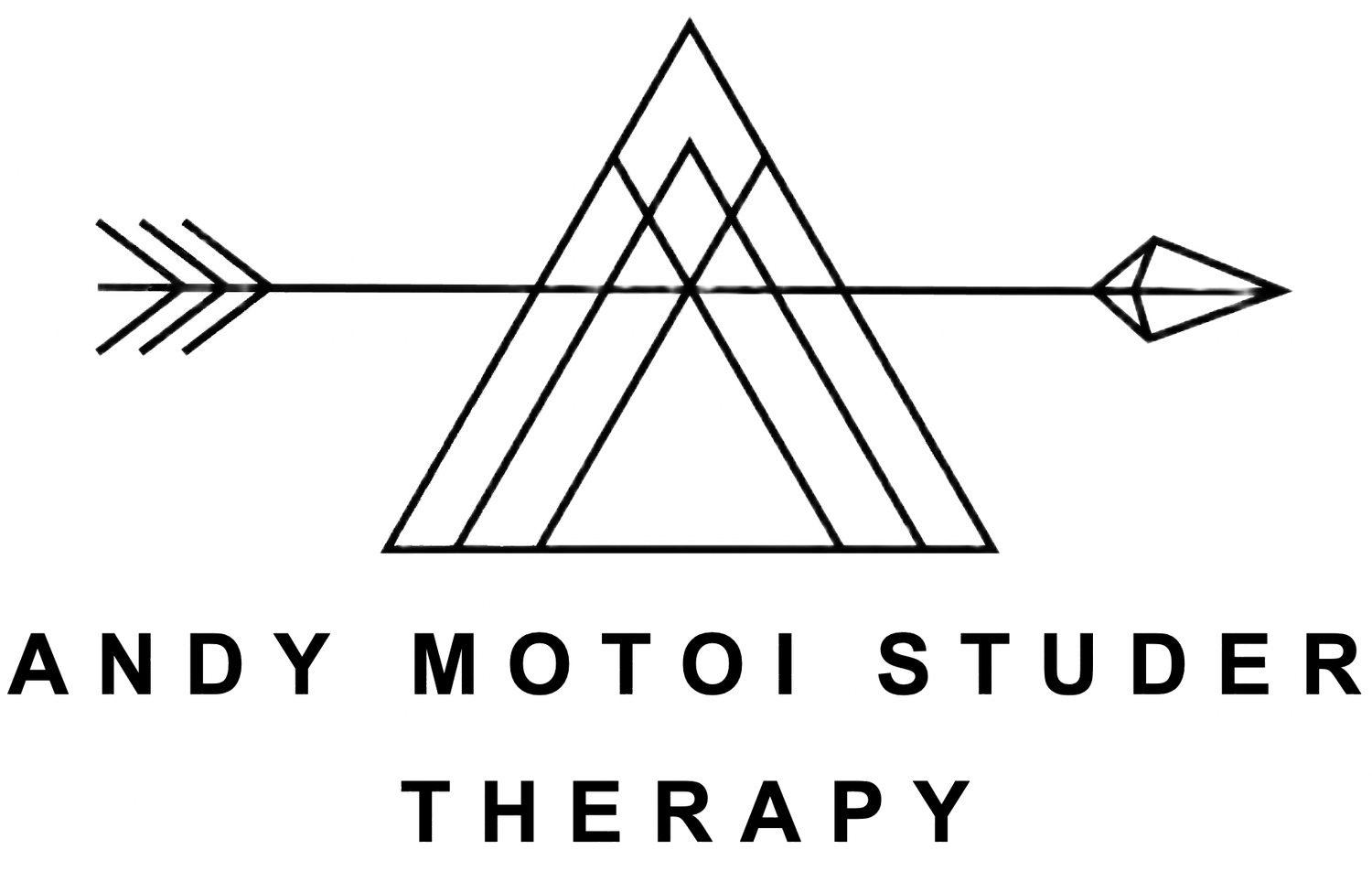Multicultural Therapy
Unpacking Cultural Narratives
Navigating multiple cultural identities can be both enriching and challenging. Born into a multiracial family and raised by a first-generation immigrant mother from Japan, I have firsthand experience with the complexity of holding different cultural expectations, values, and languages within a dominant culture that often fails to reflect them. This lived experience has shaped my awareness of double consciousness—the tension of seeing oneself through one’s own lens and also through the lens of a society marked by dominant culture narratives.
In our work together, I take a multicultural approach that holds space for all parts of your cultural identity. How does your cultural identity factor into decisions you make through the day? How does it factor into your daily interactions with other people? How does it affect your family? What were some of the messages you received about your culture in your upbringing? Belonging, intergenerational trauma, bicultural stress, internalized messages, code-switching, invisibility. These are all realities to explore as part of your lived experience, and how these forces live in the body and impact your day-to-day life.
This approach means not pathologizing your responses to oppression, but understanding them as adaptations to real systems. It means honoring your personhood, and exploring all aspects of it. There may be aspects of your cultural existence that have yet to be discussed or explored, or even repressed. Our upbringings are not always kind to who we are and where we come from. Our present realities often neglected our multiculturalism.
This is about a commitment to seeing your whole story—including what the world around you hasn’t always seen or valued.
Why Multicultural Therapy?
Being a person of color adds inherent complexities to existing in an increasingly one-size-fits-all state of the world. Many therapy practices themselves, such as mindfulness, have become secularized and imported into our healthcare systems as part of standardized, manualized care. Where mindfulness-based therapies have roots in Eastern practices and Buddhist philosophies, these are not the first things you see or think of. In today’s expanding wellness culture, mindfulness has become increasingly intertwined with capitalism— in healthcare, meditation apps, yoga studios, and even therapy.
The contexts around therapies like DBT, EMDR or MBCT matter. While many therapist trainings have integrated multicultural approaches to teaching these modalities to therapists, it often feels like a side note, or a formality to include them.
Many therapies today integrate Eastern practices and philosophies into their work, but they don’t go out of their way to advocate for their historical and indigenous contexts. Decontextualization of these important therapy modalities becomes important in understanding how these therapies have benefited generations of people globally, not just in our contemporary medical fields. This becomes increasingly important in treating intergenerational and familial trauma. 2nd and 3rd generation Asian Americans would benefit from a deeper, holistic understanding of where these therapies originated, as it would lead to greater clarity and confidence in healing cultural and intergenerational wounds. In understanding indigenous and historical contexts, we can take greater grounding in our own cultural frameworks, and diverge away from cultural and familial patterns of assimilation. It is about taking ownership of our mental health, from an important and often neglected cultural standpoint. It also gives us the understanding of how Eastern practices and philosophies continue to be imported and rebranded without due attention.
Multicultural therapy also gives us a postcolonial lens— to understand how BIPOC individuals are affected on a daily basis by the power structures they live within, and the overarching threats of violence and racism experienced. A postcolonial lens acknowledges the experience of violence on personal as well as intergenerational levels, and acknowledges that this trauma can be an experience passed down generationally, in the forms of depression, anger, anxiety, fear, or illness.
Social justice oriented therapy is about building communities and orienting healing towards all aspects of your lived experience. This includes understanding how therapy practices have become contextualized in our current medical landscape.
“Right may not be expedient, it may not be profitable, but it will satisfy your soul.”

